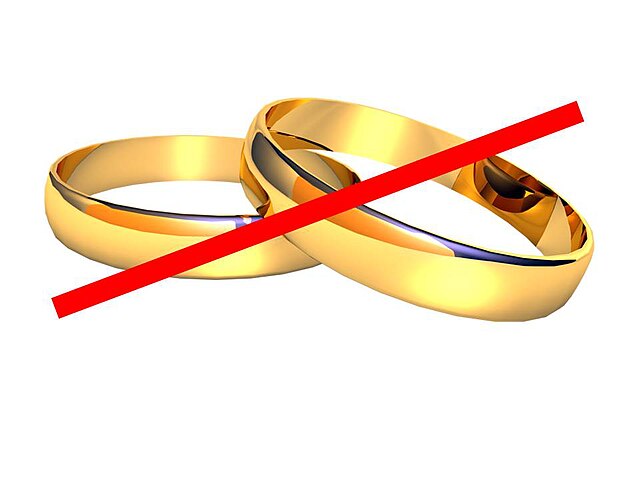In a groundbreaking ruling, the European Court of Human Rights (ECHR) has found that French courts violated a woman’s right to privacy by holding her responsible for the breakdown of her marriage due to her decision to cease sexual relations with her husband.
The decision, handed down on Thursday, January 23, 2025, is expected to have a significant impact on French family law and women’s rights.
Background of the Case
The plaintiff, identified as Ms. H.W., was born in 1955 and married her husband in 1984. The couple had four children together. She petitioned for divorce after discontinuing marital relations in 2004 due to health issues and alleged threats of violence from her spouse.
However, French courts ruled against her, citing her refusal to engage in sexual relations as the primary reason for the dissolution of the marriage.
After exhausting all legal avenues in France, H.W. took her case to the ECHR in 2021, arguing that the ruling represented an unjust intrusion into her private life and violated her physical integrity.
ECHR Ruling and Legal Significance

In its ruling, the ECHR found that French courts had infringed on H.W.’s right to respect for private and family life, as enshrined in Article 8 of the European Convention on Human Rights.
“In the present case, the Court could not identify any reason capable of justifying this interference by the public authorities in the area of sexuality,” the ECHR stated.
H.W. welcomed the ruling, stating through her attorney, Lilia Mhissen, that she hopes it will serve as a turning point for women’s rights in France.
“This decision marks the abolition of the marital duty and the archaic, canonical vision of the family,” Mhissen said. “Courts will finally stop interpreting French law through the lens of canon law and imposing on women the obligation to have sexual relations within marriage.”
Impact on French Law and Women’s Rights
The ruling arrives amid heightened debate on women’s rights in France, particularly following the high-profile case of Gisèle Pelicot, whose husband was convicted of drugging her and facilitating her rape by multiple men.
That case, widely condemned internationally, has led to growing calls for reforms in France’s legal definitions of sexual violence.
Legal scholars view the ECHR decision as a critical moment for French jurisprudence. Nicolas Hervieu, a law professor at Sciences Po, characterized the ruling as “humiliating for France but salutary for the reminder of the principles of sexual liberty and of protection for victims of sexual violence.”
Justice Minister Gérald Darmanin acknowledged the ruling, stating that he would consult with lawmakers about modifying French law to reflect evolving human rights standards.
“Obviously, we will go in the direction of history and we will adapt our law,” Darmanin said.
Reactions from Advocacy Groups
H.W.’s case was supported by two prominent French women’s rights organizations. Emmanuelle Piet, head of the Feminist Collective Against Rape, praised the ruling as a victory for women’s autonomy over their own bodies.
“Ms. H.W. spent 15 years fighting this battle, and it ended in victory—bravo,” Piet said. “When you are forced to have sexual relations in marriage, it is rape.”
While the ruling will not overturn H.W.’s divorce, her legal victory is expected to set a precedent preventing future French courts from making similar determinations in divorce cases.
Legal analysts predict that it may also influence ongoing legislative discussions in France regarding the definition of marital obligations and consent within marriage.

